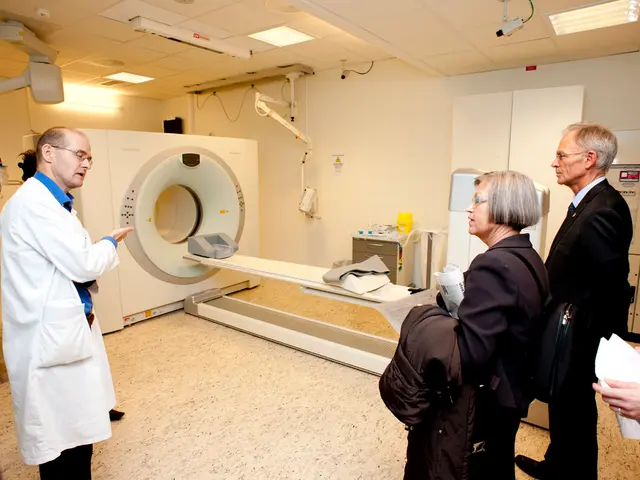Debate over Consent Methods for Organ Donation: Opt-in versus Opt-out Systems Compared
Organ donation policies worldwide show significant variations, prompting the question of whether an opt-in or opt-out system is most effective. To explore this, a team of researchers from the University of Nottingham, UK, analyzed organ donation policies in 48 countries for 13 years.
Under an opt-in system, individuals must actively register their agreement to donate organs posthumously. In contrast, opt-out systems facilitate automatic organ donation unless an individual expresses objection before death.
Lead author, Prof. Eamonn Ferguson, from the University of Nottingham, acknowledges potential drawbacks associated with both systems: "People may procrastinate due to reasons such as loss aversion, lack of effort, and trusting policy makers to make informed decisions."
Inaction in an opt-in system could result in individuals who wish to donate not doing so (false negatives). On the other hand, inaction in an opt-out system could potentially lead to an unwilling individual becoming a donor (false positive).
The United States currently employs an opt-in system. Last year, 28,000 transplants were made possible due to organ donors, with approximately 79 individuals receiving organ transplants daily. Regrettably, around 18 people die daily due to a deficiency in donated organs.
Analyzing the organ donation systems of 48 countries, the study authors found countries utilizing opt-out organ donation systems had a higher total number of kidneys donated—an organ in high demand among organ transplant candidates. Additionally, opt-out systems had a more extensive overall number of organ transplants.
While opt-in systems had a higher rate of kidney donations from living donors, this factor has not been previously reported. Prof. Ferguson notes, "This subtlety warrants further scrutiny."
The study had limitations, as it did not distinguish between varying degrees of opt-out legislation and failed to account for other influential factors.
The researchers concluded that opt-out consent may lead to an increase in deceased donation but a decrease in living donation rates. Moreover, opt-out consent was associated with a rise in the total number of livers and kidneys transplanted.
They advise that these results could guide future policy decisions, but would benefit from more robust data collection, such as consent type, procurement procedures, and hospital bed availability, which should then be made publicly available.
Prof. Ferguson suggests future studies could also assess individual opinions regarding opt-in or opt-out decisions: "By understanding individual beliefs, wishes, and attitudes, researchers can develop a more profound comprehension of the impact of consent legislation on organ donation and transplantation rates."
The authors note that even countries employing opt-out consent still face organ donor shortages. Thus, a complete shift in the system of consent may not solve such a problem. Instead, they propose that consent legislation or adopting aspects of the 'Spanish Model' could help improve donor rates.
Spain has the highest organ donation rate globally. Their success is often credited to a transplant coordination network operating at both the local and national levels, as well as improved public information about organ donation.
Recent discussions on whether animal organs should be farmed for human transplants have emerged as a potential solution to the organ shortage. However, this issue remains a matter of debate, with some arguing that improvements to organ donation policies are a more feasible solution.
- The study found that countries utilizing opt-out organ donation systems had a higher total number of kidneys donated, which is an organ in high demand among organ transplant candidates.
- Opt-out systems had a more extensive overall number of organ transplants compared to opt-in systems, according to the analysis of organ donation systems in 48 countries.
- While opt-in systems had a higher rate of kidney donations from living donors, this factor has not been previously reported, Prof. Ferguson notes.
- The researchers concluded that opt-out consent may lead to an increase in deceased donation but a decrease in living donation rates.
- To guide future policy decisions, the authors advise more robust data collection such as consent type, procurement procedures, and hospital bed availability, which should then be made publicly available.







